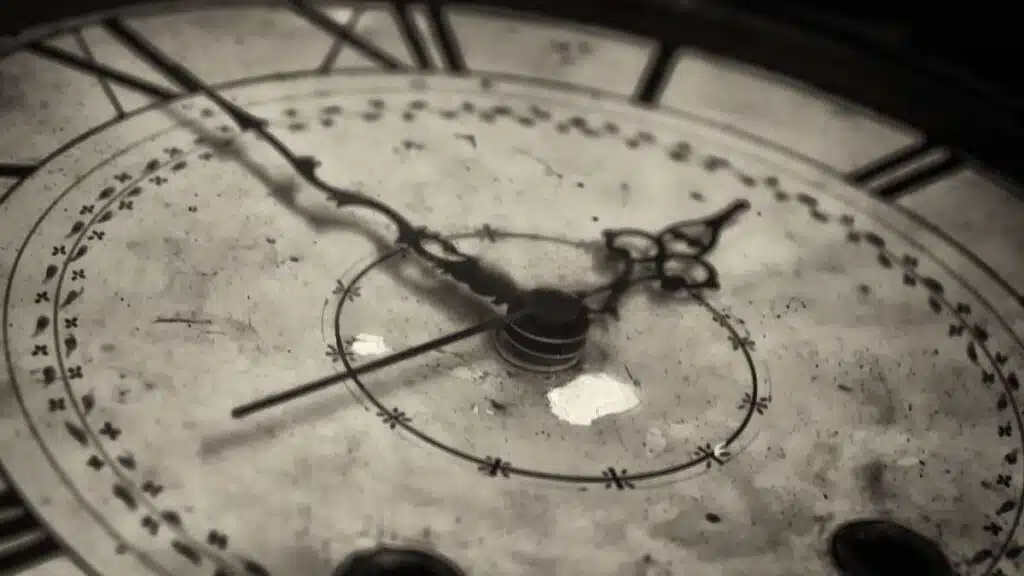Does Time Exist Or Is It A Social Construct?
Time is a social construct. We build it to plan and schedule our lives. We are bound to the constructs of the culture we are in. We must embrace cultures thoroughly to understand who they are in their time and space.
The Concept of Time
Time is the sequence of events that occur in a seemingly irreversible order. It provides the framework for measuring the duration between these events. Time has been a crucial element in human history for organizing daily activities, recording historical events, and predicting future occurrences.

Historical Perspectives on Time
Various cultures have devised ways to measure time throughout history. Ancient civilizations used natural cycles, such as the movement of celestial bodies, to mark the passage of time. The development of clocks and calendars has led to greater precision in timekeeping, eventually leading to the global adoption of standardized time.
The Physics of Time
Time as the Fourth Dimension
In the realm of physics, time is often treated as the fourth dimension, alongside three spatial dimensions. This concept was introduced by Albert Einstein’s theory of General Relativity, which revolutionized our understanding of space-time and its interaction with gravity.
Time Dilation and Relativity
Einstein’s theory also brought forth the notion of time dilation, where time can pass differently for observers moving relative to one another. This phenomenon has been confirmed experimentally and is a fundamental principle in modern physics.
The Arrow of Time
The arrow of time refers to the perceived directionality of time, from the past to the future. While physical laws are generally symmetric with respect to time, the arrow of time is tied to the increase of entropy, which defines the direction of events that occur in the universe.
Time Perception and Experience
Subjective Time vs Objective Time
Our experience of time can be quite different from the objective passage of time. The way we perceive time is influenced by factors such as age, emotions, attention, and cognitive processes.
Cultural Influences on Time Perception
Different cultures may have varying attitudes toward time, leading to distinct perceptions of punctuality, planning, and time management. Some societies emphasize a linear progression of time, while others perceive it cyclically or in a more fluid manner.
Time as a Social Construct
Societal Timekeeping
The adoption of standardized time and time zones has been crucial for global communication, transportation, and coordination. Timekeeping has become a social construct to ensure synchronization and facilitate daily life.
Daylight Saving Time
Daylight Saving Time is a practice where clocks are adjusted to maximize daylight during certain periods of the year. Although it was initially introduced to conserve energy, its relevance and impact have been widely debated.
Philosophical Perspectives on Time
Presentism vs Eternalism
Philosophers have long debated the nature of time. Presentism posits that only the present moment is real, and the past and future are mere abstractions. On the other hand, eternalism suggests that all moments in time are equally real and exist simultaneously.
Time and Free Will
The concept of time plays a significant role in discussions of free will. Some argue that a deterministic view of time negates the existence of free will, while others propose that free will can coexist with the forward flow of time.
Timelessness in Eastern Philosophy
Eastern philosophical traditions often delve into the concept of timelessness, where the present moment is seen as eternal and disconnected from the linear progression of time.
The Illusion of Time
Time and Consciousness
Some scientific and philosophical theories propose that time is an illusion created by the human mind to comprehend the flow of events. These theories challenge the objective reality of time.
The Block Universe Theory
The block universe theory suggests that past, present, and future all coexist in a static block of spacetime. This perspective challenges the conventional view of time as a linear progression.
Does Time Really Exist?
Scientific Debates and Theories
Scientists and philosophers continue to explore the fundamental nature of time, with some proposing that time is merely a human construct, while others argue for its objective existence.
Philosophical Implications
The question of whether time exists or is a social construct has profound philosophical implications. It touches on our understanding of reality, the nature of existence, and the limits of human perception.



Leave a Reply